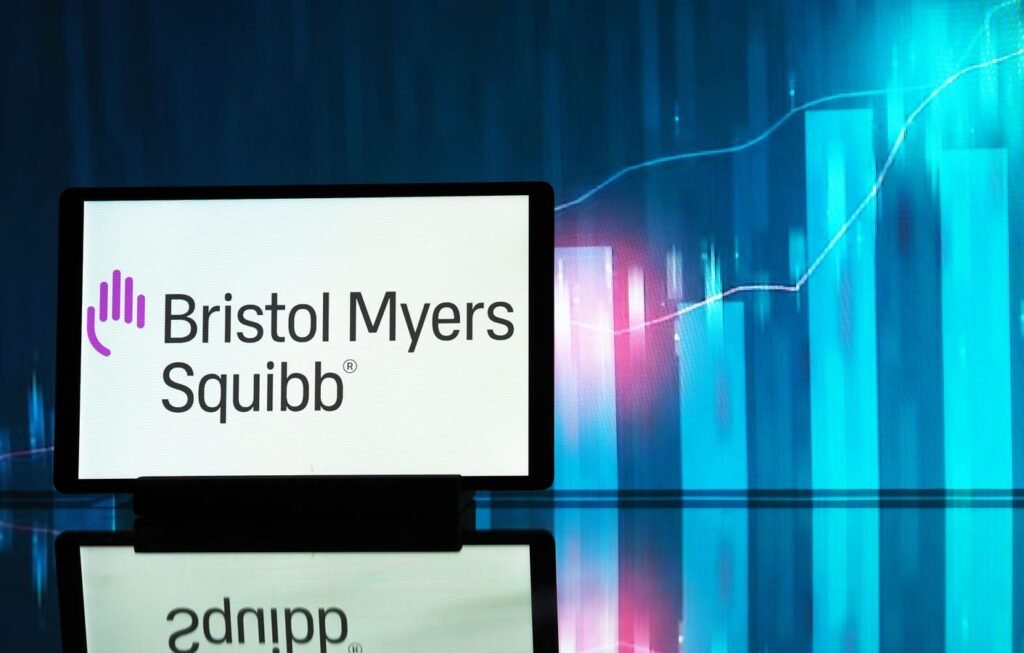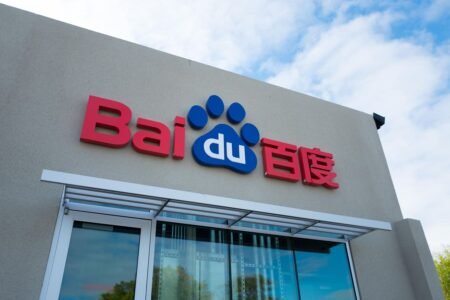Bristol Myers Squibb is set to report its Q2 2024 results, with expectations of revenue and earnings surpassing street estimates. The company is projected to benefit from market share gains for its growth portfolio drugs such as Reblozyl, Breyanzi, and Orencia. Despite a decline in BMY stock price by 25% from early January 2021 to around $45 currently, the stock has shown varying returns over the years, underperforming the S&P 500 in 2021 and 2023.
Beating the S&P 500 consistently has been challenging for individual stocks in recent years, but the Trefis High-Quality Portfolio has outperformed the benchmark each year. With uncertainties in the macroeconomic environment, including high oil prices and elevated interest rates, the question remains whether BMY will see a similar underperformance or a recovery. Valuation analysis suggests that BMY stock has room for growth, with a projected upside of over 10% from current levels.
Bristol Myers Squibb’s revenue in Q1 saw an increase of 5% year-over-year, driven by higher sales of Eliquis, Reblozyl, and Opdivo. Despite a decline in adjusted gross margin in Q1, the company recorded a one-time charge for the acquisition of Karuna, resulting in a loss per share. Looking ahead to the latest quarter, sales are expected to increase, led by the growth portfolio, with continued growth expected for Eliquis sales and newer drugs anticipated to reach sales of over $1 billion each by 2026.
Overall, Bristol Myers Squibb is likely to announce a positive Q2, with potential for growth in its stock price. While the stock shows promise for higher levels, it is essential to assess how BMY’s peers are performing on relevant metrics. Investors can find valuable comparisons for companies across industries through peer comparisons.











